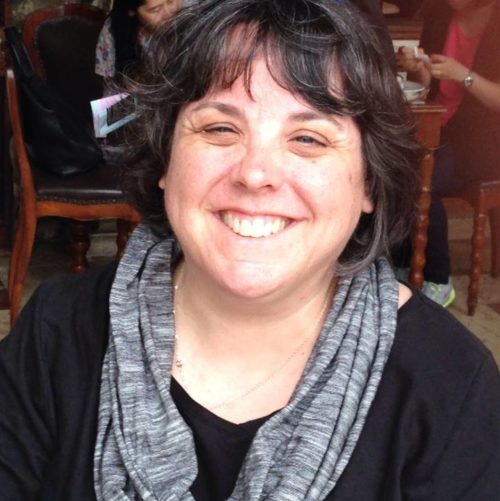As I was driving around town today—taking a break from grading by buying a few last-minute Christmas presents—I saw the billboards announcing that MegaMillions is currently at over $600 million dollars. Hard to imagine (though I am certainly guilty of such idle speculation) what one would do with all that money. I do know one thing I’d like to do, however, if I should ever receive such a windfall: I’d hope to imitate the best Christmas gift that I’ve ever heard of.
It was given by a couple named Michael and Joy Brown. Michael was a writer and performer, and Joy a former ballerina who had studied with George Balanchine. They lived with their two young sons in New York City in the 1950s.
They had a dear friend—a fellow artist—who was struggling to make it. Their friend had had to take a job as an airline reservations clerk and had little time for artistic pursuits. And home was very far away. Despite the joy of spending Christmas with the Browns each year, the holiday was always difficult.
But Christmas 1956 was different. In the branches of their Christmas tree, the Browns placed an envelope for their friend. It read:
“You have one year off from your job to write whatever you please. Merry Christmas.”
Their friend: Harper Lee.
In the year she was given: she produced the first draft of To Kill a Mockingbird.
In an article in McCall’s magazine in December 1961, Lee reflected on the breath-taking quality of her friends’ gift (I commend the whole article to you here). Of course, she initially resisted the extravagance of the gesture and raised objections about why it would be impossible for her to accept such a gift. And yet, the Browns were adamant. They believed in her and in her talent: as Lee came to understand, “They wanted to show their faith in me the best way they knew how.”
That show of confidence transformed Lee’s life, her work, and even her sense of homesickness. The money was nice, of course, but the Browns’ love was what was critical:
A full, fair chance for a new life. Not given me by an act of generosity, but by an act of love. Our faith in you was really all I had heard them say. I would do my best not to fail them. Snow still fell on the pavement below. Brownstone roofs gradually whitened. Lights in distant skyscrapers shone with yellow symbols of a road’s lonely end, and as I stood at the window, looking at the lights and the snow, the ache of an old memory left me forever.
I don’t suppose I’ll ever be able to give my friend, the artist, and my friend, the poet, a year off from their jobs—even though it’s one of my primary lottery fantasies, and even though I’m convinced they’d produce amazing works.
I can’t go big, but I’m still committed to time as a gift nevertheless—even if it’s only in small increments. For instance: for many years, the Christmas gift that my dear friend and I have given each other is the gift of an hour a week. Uninterrupted, intentional conversation for an entire 60 minutes. It may not sound like much, but it is incredibly restorative. I need that time more than I need a sweater or a book or a CD.
In last weekend’s New York Times, MIT Professor Sherry Turkle talks about all the ways we are disconnected, particularly by technology, from each other and ourselves. She laments the “the new normal” where, even when we are together, we really aren’t.
If you haven’t finished your shopping yet (or even if you have), consider what your presence, not presents, will be to your friends is in the coming year. It might be one of the best gifts you give (and receive) all year.

